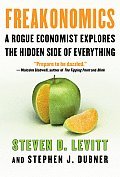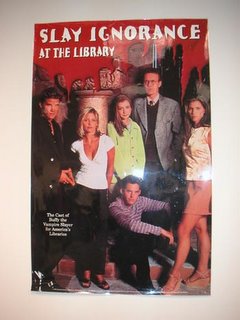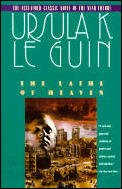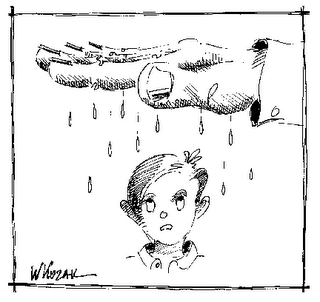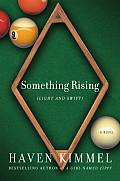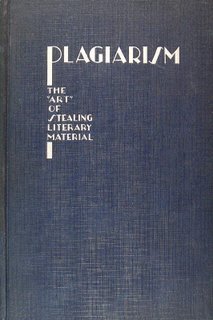
I try to keep the clock in my car ten minutes fast because i have a tendency to be late for work. More than helping me to be more punctual (
IF it does in fact do that) it brings up questions. Like: if i know the clock is ten minutes fast and i'm always adjusting for that does it really do any good? And since time is relative (and really just a man-made invention anyway) what do i set it ten minutes fast to--the clock at work, which never seems to be consistent, but the main place requiring punctuality; or the main time out in the ether--perhaps according to my cellphone or cable dvr?
I used to have an old analog alarm clock(that's a clock with a face for you younguns) with a short cord, and a little lever that pulled out to turn on the alarm (pushed in to turn off). If the room was quiet enough you could hear the slightest hum when it was running and it made a horrendous buzzing noise when the alarm went off. This alarm clock worked for me from whatever time i had to start using an alarm clock (which was probably quite early in life because i've always been a night owl who absolutely hates morning--mom says it was hard to put me down from my earliest days) At some point i learned to push the lever in at the small buzz it made right before the large screeching noise when it really went off. Then my body learned to not really wake up after doing so. Luckily (read my longed for sarcastic font) i had a stepfather who would come downstairs to shower in the morning and on his way back upstairs would stop by my bedroom, armed with a pillow, which he would hurl at me, yelling in a terrible, shrieking voice "RISE AND SHINE!" Now that would wake me up (if it didn't, it was cold water dumped in my face.)
After the departure of my stepfather i had to get a backup alarm clock which i put across the room so i would actually have to get out of bed to turn it off. After a few months the alarm function seemed to stop working so i got a new one, which also stopped functioning after a few months. One morning i woke up in the middle of my bedroom walking back to bed after having turned off the alarm. I finally had about three alarms with different alarm noises i would switch out every couple of months so i couldn't get used to the noise. (but such tricks still don't solve the problem--one time when i was on an out of time business trip i woke up in the hotel room, sitting up in bed, cross-legged, facing the headboard, with the hotel's clock radio in my lap in mid-thought "...now if i can just figure out how to get this guy to stop talking..."--not only do i sleep-walk i have unconscious/conscious thought).
Now when i was living with my boyfriend we had a clock with a his and hers alarm and he would set his alarm for earlier than mine (alarm clock on his side of the bed) and then hit the snooze alarm every ten minutes for about an hour. Which brings up the question: to snooze or not to snooze? Is it better to set the alarm early if you're not going to get out of bed at that time or for the latest that you can possibly get up? Is sleep more enjoyable if you realize that you are somehow sneaking it in? All i know is that it got to be really annoying about the seventh time he would hit that snooze button.
Now i seem to have different time zones for different rooms of my house--i think this might have started with above mentioned boyfriend--bedroom time was set earliest to get us moving (again the question of who are we really fooling here?) Sometimes i get to the right time and then just look away and hold down the button for a while so i never really know how far ahead it is, though after awhile i tend to figure it out (this is usually taken care of though by the fact that my bedroom/kitchen is on a strange electric circuit that often gets overloaded if the microwave and fridge unpredictably suck too much power at the same time and i must go flip the switch--thus resetting the bedroom clock to midnight and sometimes i don't bother to change it at all so the bedroom is its own little twilight zone and i don't know the time at all until i leave...)
Luckily enough thanks to modern day conveniences the "official time" is always pumped into my house (and conveniently updated at those pesky DST changeovers) through the TV black boxes which is what i use for the "official time" (aren't you glad to hear all of these personal little neuroses?)
Anyway are you curious to know what i use for an alarm clock now? I'll tell you anyway, my old cellphone, which is still updated with the time for some reason and always wakes me (again

for an unknown reason--perhaps because i always have to find it before i can turn it off?)
anyway, i'll shut up now--at least for a second.
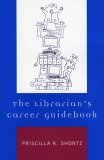 Thus, in addition to my usual library lit reading, i've been perusing The Librarian's Career Guidebook edited by Priscilla K. Shontz. This is actually quite a useful book that i wish i had picked up much earlier--perhaps back in library school--it offers advise and guidance for all stages of library careers from choosing the library profession (and all the different areas within the profession) to the "experienced", managerial, and administrative aspects of the job. There is also a companion website.
Thus, in addition to my usual library lit reading, i've been perusing The Librarian's Career Guidebook edited by Priscilla K. Shontz. This is actually quite a useful book that i wish i had picked up much earlier--perhaps back in library school--it offers advise and guidance for all stages of library careers from choosing the library profession (and all the different areas within the profession) to the "experienced", managerial, and administrative aspects of the job. There is also a companion website. all of that was, that, after working there for quite some time, i learned that talkative, he was NOT, and that none of my coworkers had interviews like mine.
all of that was, that, after working there for quite some time, i learned that talkative, he was NOT, and that none of my coworkers had interviews like mine.